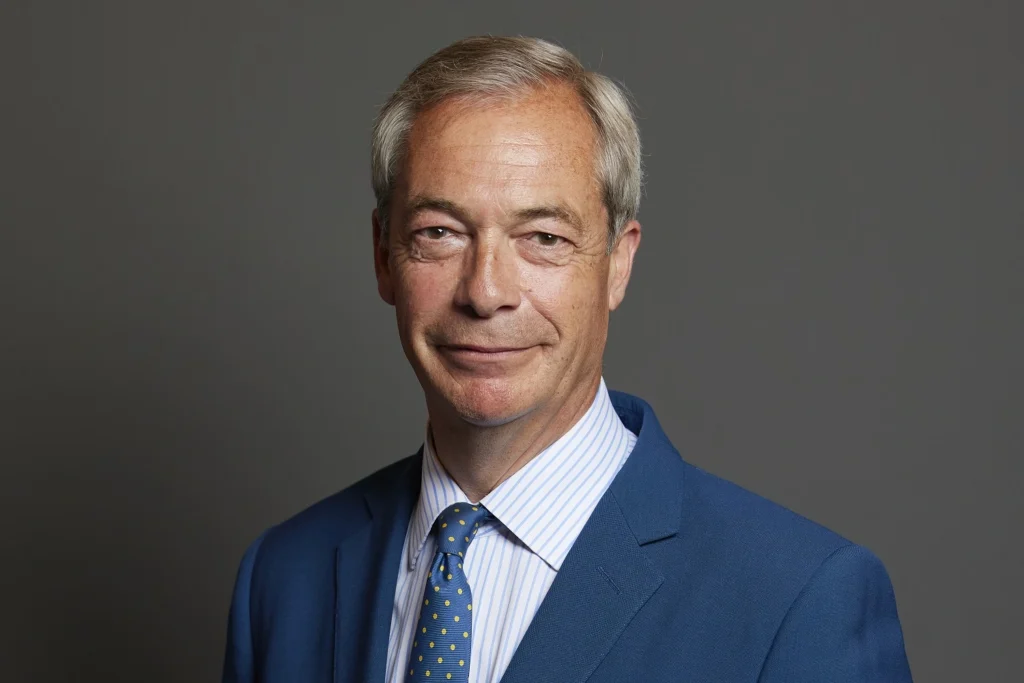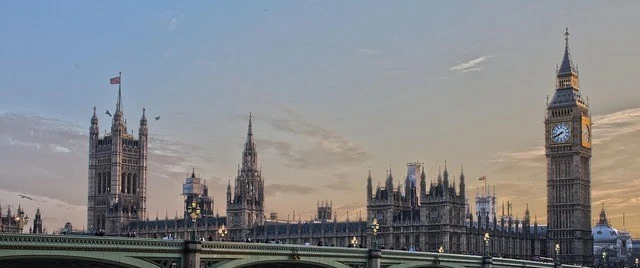Reform and Nigel Farage: Ambitions, Controversies and What It Means for Britain
When people talk about “Reform and Nigel Farage”, they are referring to a political union in which Nigel Farage leads Reform UK towards an agenda framed around immigration, sovereignty, and human rights. In 2025, Farage has pledged to pull the UK out of the European Convention on Human Rights and pursue radical changes in asylum and deportation law. (itv.com)
In this article I’ll explain how Reform and Nigel Farage have evolved, unpack its flagship policies (especially on immigration and human rights), critique the feasibility and risks, and explore what this might mean for the UK’s future.
Reform and Nigel Farage: Background
From UKIP to Reform UK
Nigel Farage has long been a figure of the British right, largely associated with UKIP and the Brexit campaign. After the Brexit Party evolved and morphed, he became leader of Reform UK, which positions itself as a more uncompromising alternative to the Conservatives.
Reform’s 2024 manifesto (titled Our Contract with You) lists “Leave the European Convention on Human Rights” as one of its core pledges. (Reform UK Manifesto)
Farage now represents not just a symbolic figurehead but the dominant voice shaping Reform’s identity and policy thrust.
Core Policies & Positions
1. Withdrawing from the ECHR & scrapping the Human Rights Act
One of the most prominent and controversial promises is to leave the European Convention on Human Rights (ECHR) immediately on gaining power. Reform and Farage have said that doing so is essential to regain control over border and deportation decisions. (itv.com)
Alongside that, Reform proposes repealing the Human Rights Act 1998, replacing it with a “British Bill of Rights” or equivalent, and “disapplying” treaties such as the 1951 Refugee Convention, the UN Convention Against Torture, and the Council of Europe Anti-Trafficking Convention. (Institute for Government)
These moves are designed to dismantle legal barriers that, according to Reform, currently prevent swift deportations of asylum seekers or failed claimants.
2. Mass deportation / deterrence approach
Reform’s “Operation Restoring Justice” blueprint includes detaining and expelling anyone entering the UK illegally, including women and children, by some proposals with no right to remain. (pbs.org)
Farage has even claimed that up to 600,000 asylum seekers could be deported under their proposed plan (but fails to cite a source for this number), with high costs in detention infrastructure and international deals to accept deportees. (theguardian.com)
3. Abolishing Indefinite Leave to Remain (ILR) & hostile policies toward legal status
Reform and Farage has also pledged to scrap the concept of ILR (permanent settlement), making migrants reapply every five years with strict salary, language, and other conditions. (theguardian.com).
The hypocrisy is stark as Farage’s two children have a German mother, Kirsten Mehr, to whom Farage is still married whilst cohabitating with a French Girlfriend Laure Ferrari
Critics argue this would reverse rights for people who have built lives, separate families, and destabilise sectors reliant on migrant labour. (theguardian.com)
Critique & Risks
Legal and treaty obstacles
- International obligations: Leaving the ECHR could conflict with Brexit and trade deal commitments, the Trade and Cooperation Agreement (TCA) includes reference to ECHR membership, and withdrawal might jeopardise the TCA. (UK Constitutional Law)
- Good Friday Agreement: The ECHR is embedded in the legal architecture of Northern Ireland’s peace settlement. Critics warn withdrawal would undermine the Agreement; Reform and Nigel Farage suggest renegotiating to remove references. (rte.ie)
- Domestic courts & common law: Even without treaty constraints, British courts may assert residual rights through common law and constitutional norms. Barristers point out that simply exiting treaties won’t guarantee carte blanche. (theguardian.com)
Practical and moral costs
- Enforcement, cost, logistics: Detaining and deporting hundreds of thousands would demand massive infrastructure, staffing, international cooperation, and expense. (theguardian.com)
- Risk of abuse & loss of rights: If human rights protections are scaled back, ordinary citizens could lose recourse against state overreach. Critics warn that the removal of “checks” on power disproportionately empowers an executive. (theguardian.com)
- International reputation & diplomatic backlash: Moving to the fringes of Europe’s human rights regime would isolate the UK. The only comparable position is held by authoritarian states excluded from the system (e.g. Russia). (UK in a Changing Europe)
- Social division, uncertainty: The policies risk inflaming social tension, uncertainty for legal migrants, and legal chaos within sectors (e.g. health, care) that rely on migrant labour. (theguardian.com)
Implications for UK Democracy & Society
- Democratic erosion: Abolishing or restricting foundational rights (free speech, fair trial, assembly) concentrates power in the executive.
- Rule of law & accountability: Weakening independent legal safeguards reduces checks on corruption, misuse or discrimination.
- Immigration debate reframed: Reform and Nigel Farage’s message simplifies complex issues into moral binaries; “invasion”, “Brown people stealing jobs” — satisfying a base but avoiding nuance.
- Electoral risk: If rights are weakened for certain groups, later governments may struggle to restore them — rights once lost are hard to recover.
- Foreign policy fallout: UK may lose leverage or trust in human rights diplomacy, trade negotiations, international treaties, and alliances with liberal democracies.
What to Watch & Possible Scenarios
- Will Reform UK actually win sufficient power to implement these plans, or will compromises dilute them?
- Could parts of the policy be blocked by courts even if treaties are disavowed?
- How will public opinion react to deportations, broken families, legal uncertainty?
- Whether other parties adopt parts of the agenda (e.g. Conservatives signalling ECHR exit) to counter Farage’s appeal.
- Whether regions (e.g. Scotland, Northern Ireland) resist or diverge from such a centralised rights rollback.
Conclusion
“Reform and Nigel Farage” represents more than a party label: it signals a bold attempt to reshape the legal, moral and constitutional architecture of the UK around a hardline vision of state control and migration deterrence. The gamble is enormous; the risks to civil liberties, international standing and democratic norms are profound.
While Farage’s proposals appeal to those frustrated with migration policy, the fatal flaw lies in their disregard for legal constraints, human rights consensus and the fragile balance of powers. If you care about checks on power, rights for minorities, and a stable constitutional order, these plans demand rigorous scrutiny, not naïveté.



